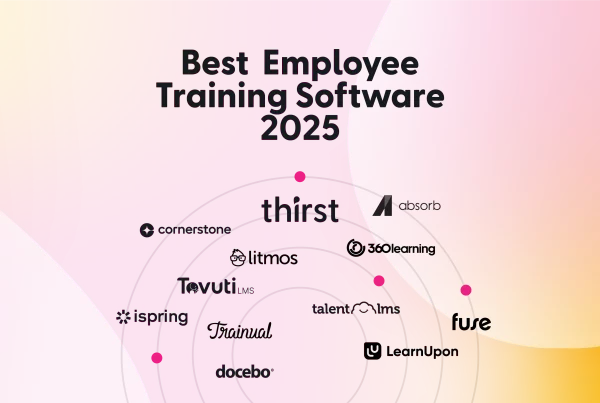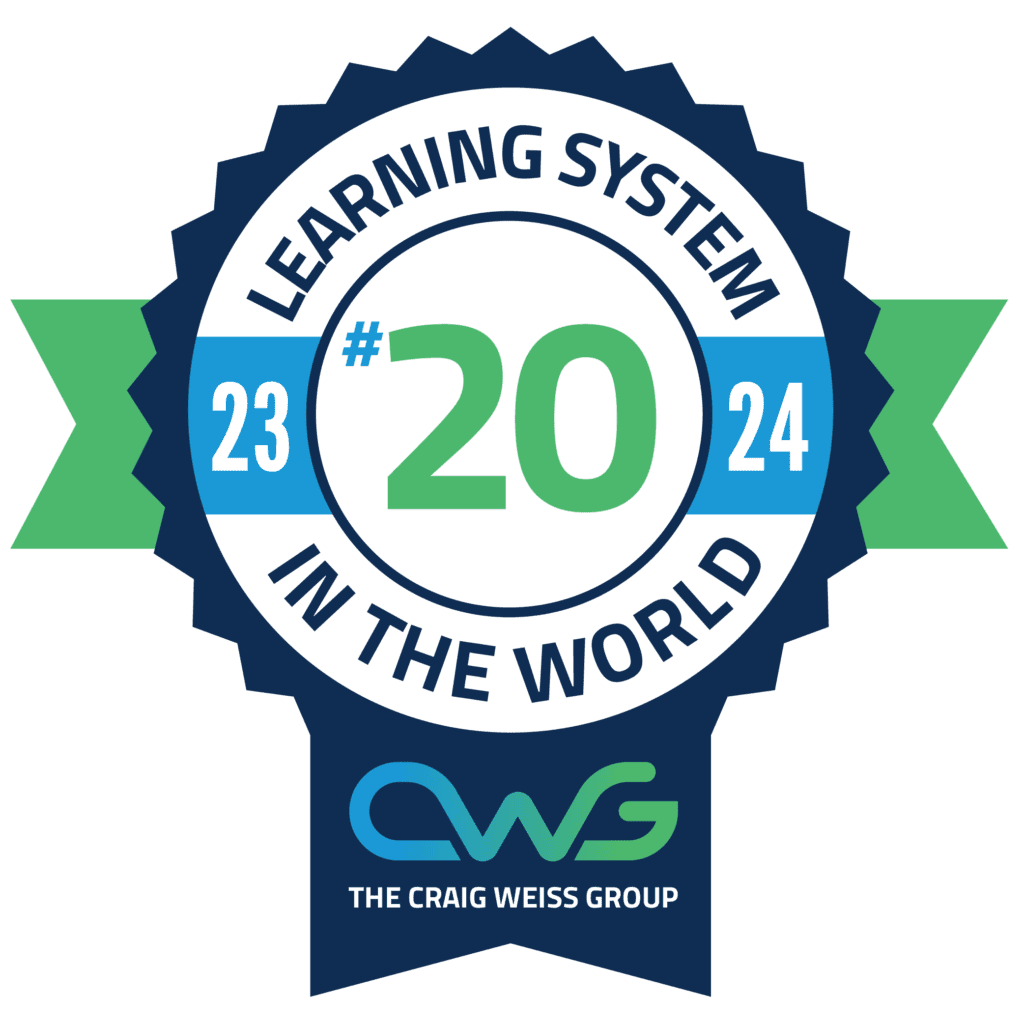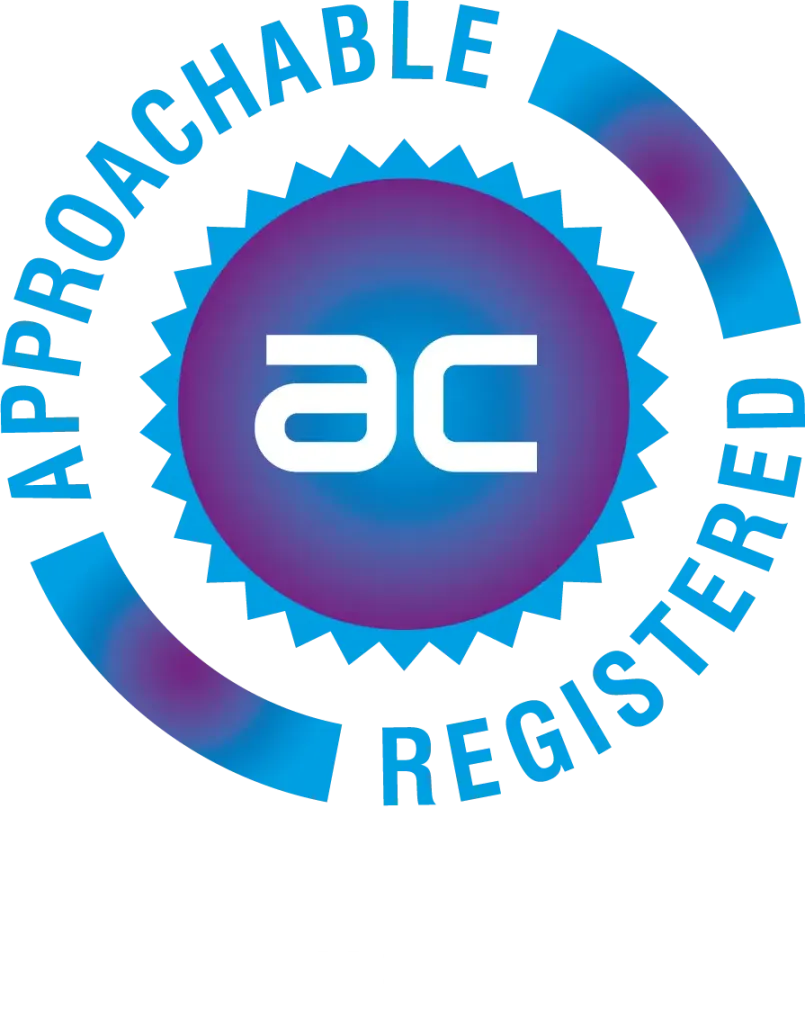In today’s highly competitive market, comprehensive product knowledge is crucial for success.
When employees deeply understand their company’s products or services, they’re better equipped to communicate clearly with customers, highlight key benefits, confidently handle questions, and ultimately drive higher sales and profits.
Sounds pretty good, right?
Crucially, product knowledge also allows businesses to stay ahead of their competition by developing innovative and customer-centric products that cater to the needs of their target market.
Did you know that investing in employee training to bolster product knowledge is essential for companies looking to grow and succeed long-term? 💪
Keep reading as we dive deeper into everything you need to know about product knowledge, including…
✅ The key benefits
✅ How to measure it
And most importantly, how to develop it within your organisation. ✅
So, what exactly is Product Knowledge?
Product knowledge is a deep and unwavering understanding of a company’s products or services.
It includes knowledge of…
- Specific Features
- Benefits
- Pricing
- Target Market
- And the competitive landscape
Why is Product Knowledge Important?
Product knowledge is crucial for sales professionals, customer service representatives, and anyone marketing or promoting a company’s products or services. Product Knowledge allows employees to communicate better with customers, answer questions, and solve problems.
What are the Key Elements of Product Knowledge?
1. Understanding what you’re selling and how to help others
It is essential to have a deep understanding of the products you are selling to ensure that you can meet the needs and expectations of your customers.
When customers approach a sales representative or a customer service agent with a query, they expect to receive accurate and insightful information.
Without proper product knowledge, a representative may be unable to provide correct or complete information, which could lead to customer dissatisfaction and even loss of business.
🚩 Customers are smart, and they can see through a lack of knowledge, primarily if it is delivered in a scattered manner which is not a good look for any business, especially when you want to build trust signals. 👎
On the other hand, a representative armed with comprehensive product knowledge can effectively address customer concerns, highlight the product or service’s benefits, and close new business deals with confidence.
💡 Understanding what you are selling enables you to identify potential upsell opportunities and suggest additional products or services that may interest the customer, increasing sales and customer satisfaction. 💡
2. Customer Insights
Regarding product knowledge, understanding your customer’s needs, requirements, and preferences is just as crucial as having a thorough understanding of the product itself.
Customer insights can provide valuable information about what features or benefits customers want in a product, their pain points, and what they are willing to pay for.
With this information, businesses can tailor their products to meet customer needs, improve customer experience, and drive sales. Moreover, customer insights can help companies to identify opportunities for innovation and product development, enabling them to stay ahead of the competition and maintain a loyal customer base.
💡 In today’s customer-centric business environment, having a deep understanding of your customers and their needs is vital to success, and product knowledge plays a critical role in achieving this understanding. 💡
3. Competitor Analysis
Competitor analysis is essential to product knowledge, especially for businesses operating in highly competitive markets such as hospitality and retail.
Analysing your competitors’ products can provide valuable insights into what features and benefits customers seek, what gaps exist in the market, and what marketing strategies are the most effective.
Armed with this information, businesses can then identify opportunities for product differentiation, improve their marketing efforts, and stay ahead of the competition.
Moreover, competitor analysis enables firms to identify potential threats and anticipate changes in the market, allowing them to develop proactive strategies to mitigate risk and stay in the game.
Conducting a competitor analysis is essential for businesses looking to…
🚀Gain a deep understanding of their market
📈 Identify growth opportunities
🙋♂️Remain agile in the face of competition
4. Product Value Statements
Product value statements are imperative to product knowledge for businesses. These statements clearly and concisely describe the product’s value proposition, highlighting its key features, benefits, and unique selling points.
Having a well-crafted product value statement can help businesses communicate the value of their products more effectively, enabling them to differentiate their offerings from those of their competitors.
Additionally, product value statements can be used by sales representatives to pitch products more effectively to customers and overcome objections.
🌱 Strong product value statements are essential to product knowledge, enabling companies to effectively communicate their value proposition, differentiate themselves from competitors, and ultimately drive business success. 🌱
What are the Benefits of Product Knowledge?
There are several key benefits when it comes to robust product knowledge…
✅ Improve Customer Service.
✅ Build trust and credibility with customers.
✅ Identity upsells opportunities based on data.
✅ Increase sales and, ultimately, profits.
✅ Understand areas of innovation that are required to stay ahead of competitors.
How to Gain Product Knowledge
Now that you’ve learned more about what product knowledge is and digested some of the benefits, you may be wondering how to expand your organisation’s product knowledge to reap some of those fantastic benefits mentioned above.
Here are some key strategies for gaining product knowledge as a business…
Conduct research 🗒️
● Conducting thorough research on your existing products and industry is an important first step in gaining product knowledge.
● This may involve reading product specifications, industry reports, and market research to understand your products and market better.
Attend training and development sessions 👩🏻🏫
● Many businesses offer training and development sessions to help employees gain product knowledge.
● These sessions can be conducted in-house or by external training providers, covering topics such as product features and benefits, customer needs, and competitor analysis.
Get a hands-on, immersive experience 👐
● Allowing employees to use and experience the products they are selling can be an effective way of gaining product knowledge.
● This can involve allowing employees to test and use the products themselves or providing samples for employees to experiment with.
Collaborate with other departments. 🤝
● Collaboration with other departments, such as sales, marketing, and customer service, can provide valuable insights into customer needs, preferences, and pain points.
● This information can improve product knowledge and tailor products to meet customer needs.
Use customer feedback 🗣️
● Customer feedback can provide valuable insights into how customers perceive products and where improvements can be made.
● Gathering and analysing customer feedback can help businesses improve their product knowledge and develop better products that meet customer needs.
How to Increase Product Knowledge in 4 Steps
✅ Host / Attend training and development sessions.
✅ Encourage cross-department collaboration.
✅ Keep an eye on the market, changes and innovations.
✅ Digest customer feedback.
How to Measure Product Knowledge
Measuring product knowledge is essential for businesses to ensure that their employees have a sufficient understanding of the products they are selling.
Here are some strategies for measuring product knowledge..
Conduct quizzes and assessments 📊
Quizzes and assessments can be a simple and effective way of measuring product knowledge. These can be conducted online or in person, covering topics such as product features and benefits, customer needs, and competitor analysis.
Use customer feedback 🗣️
Customer feedback can be a valuable tool for measuring product knowledge. By collecting customer feedback on their experience with employees, businesses can identify areas where employees may need further product knowledge training.
Monitor sales performance 📈
Monitoring sales performance can also provide insights into employee product knowledge. By tracking sales of different products, businesses can identify which products employees may need more training on.
Observe employee interactions 🧑🤝🧑
Observing employee interactions with customers can also provide insights into product knowledge. By observing interactions and listening to customer queries, businesses can identify areas where employees may need further training.
In summary…
Product knowledge is central to success for businesses operating in today’s highly competitive landscape. It involves deeply understanding a company’s products or services, including their features, benefits, pricing, target market, and competitive landscape.
Strong product knowledge enables employees to communicate more effectively with customers, address their queries and concerns, and increase sales and profits. It also allows companies to stay ahead of the competition by developing innovative and customer-centric products that cater to the needs of their target market.
Measure product knowledge in your organisation with Thirst 💪🏼
Thirst’s AI-enabled learning hub is the perfect place to store engaging and relevant content for your workforce to fill product knowledge gaps.
Investing in employee training and development to bolster product knowledge is essential for long-term growth and success.
Companies can develop a culture of product knowledge that drives success and growth by conducting research, attending training and development sessions, and engaging in ongoing learning.
Wave goodbye to pages and pages of documentation that are hard to find and boring to read; Thirst offers an immersive experience that will capture your employee’s attention.
Employees can work faster and smarter, all thanks to the ability to easily access knowledge through insights, resources and company-wide expertise.
Moreover, Thirst can help you pinpoint knowledge gaps across individuals and teams, making your team more considered and accurate in their output.
But don’t just take our word for it…
Over 100 L&D teams trust Thirst to support knowledge sharing within their organisation. Check out their stories here.
Want to try it for yourself?
Get a free 1:1 demo of the Thirst platform now.
Try Thirst today to enjoy game-changing learning and unlimited possibilities.
For more e-learning insights, resources and information, discover the Thirst blog.
You may also enjoy:
Skills vs Competencies: What Are the Key Differences? | What’s the Difference Between Reskilling and Upskilling? And Why It’s Vital to L&D | 7 Ways to Identify Knowledge & Skills Gaps in Your Workforce







